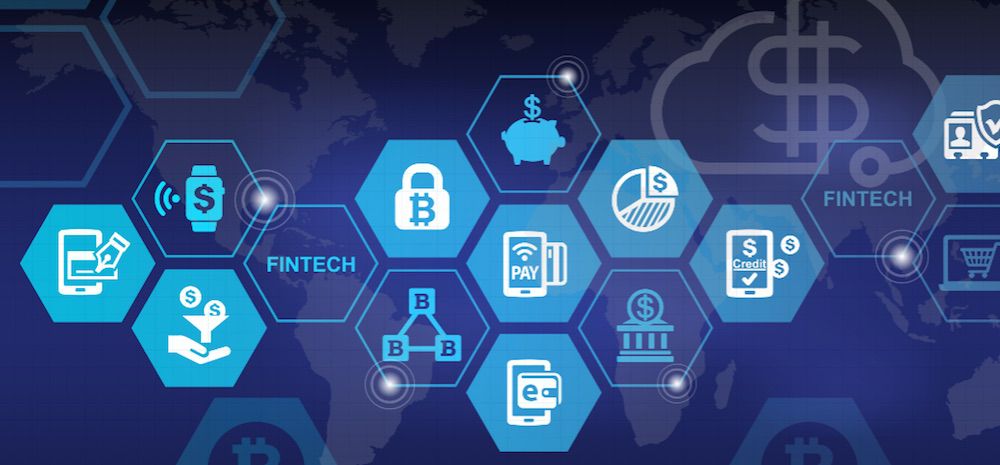Government Ready To Take Up Serious Cybersecurity Initiatives!
While the government is totally against cryptocurrencies, it has expressed interest in the blockchain technology behind them.

The so-called internet gold, Bitcoin, is soaring high with a total market capitalisation at more than $500 billion and India is still undecided on the legitimacy of these cryptocurrencies. Many consider Blockchain as the technology of the future while Digital currencies are just a bubble.
The government and experts have appreciated the blockchain technology, but at the same time expressed bias against the cryptocurrencies. Jaitley believes there is a need for a healthy dialogue around the issue.
The Status Of Cryptocurrency In India
The Indian authorities have continuously categorised the cryptocurrencies as illegitimate and illegal, though sound arguments were never provided to back why they hold such negative view.
The regulators and policymakers need to lay out a clear roadmap on how the cryptocurrencies should be regulated. To put a regulatory framework in place, policymakers must accept that owning and trading any sort of digital currency is legal and these cryptocurrencies are an integral part of the present global financial system.
At the Union Budget presentation, the FM announced that virtual currencies will not be a legal tender in India. He further added that the proliferation of the use of digital currencies for illegitimate financing should be curbed. Industry experts have urged the government to regulate, and not curb them.
However, the present government will continue to look at the utilisation of Blockchain, which is a distributed digital technology that supports the cryptocurrencies. The intention is more likely to regulate the circulation of cryptocurrencies to avoid the usage of it for illegal transactions.
By showing support for segregating the use of the Blockchain technology from the cryptocurrencies reflects that the government’s intention is to use the technology in a gradual and safer manner, than replacing the currencies.
Cybersecurity In India
The focus on cybersecurity shows the support from the government. It will be a huge leap with financial backing to make India a cyber-secure nation. The sector will further encourage providers to support the country with best-in-class solutions by helping the customers to minimise risk and guard against the cyber attacks.
The government aims to set up 5 lakh WiFi hotspots across the country which will be a big step towards internet adoption in India but also highlights the need for being alert on the cybersecurity front. Users need to get educated about anti-virus solutions and people should be made aware of malware and phishing attacks.
Cryptocurrencies vary in the level of its anonymity. Some of the biggest digital currencies at the moment are Bitcoin, Ethereum and Ripple. All the cryptocurrencies operate anonymously and are pseudo-anonymous in nature.
Every cryptocurrency wallet comes with an encrypted alphanumeric address. It does not use the person’s real identity, and so none of the transactions can be identified. But if any part of the chain is linked to a real-world identity, all the transactions on the chain made by that entity can easily be tracked as the whole blockchain will slip into the public domain.
Now, most of the major exchanges require completion of KYC before being able to buy or sell any cryptocurrencies in the world, and this links all the transactions of most of the individuals and identities are revealed.
Additionally, web trackers and cookies on the merchant websites are notorious for passing any user data such as the purchase details, names, email addresses to third parties. As this is a breach of anonymity, it will only increase with the rise in the use of cryptocurrencies for making online purchases.
The blockchains in most cryptocurrencies are protected against malicious users via the consensus-building mechanism called Proof of Work.
Then there are the old debates in the monetary economics of constant money growth rule against the discretion over the interest rates that have prevailed over the last few years. Change is always hard to accept, and whether an asset without any value or regulatory board will find a place in the Indian economy, is still questionable.

very good article Thank you very much….